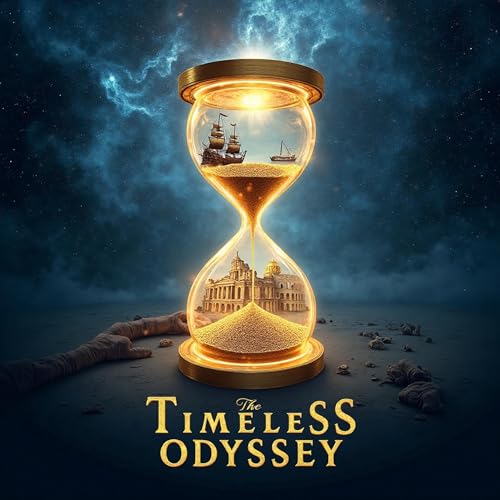
Medieval Timekeepers
Échec de l'ajout au panier.
Échec de l'ajout à la liste d'envies.
Échec de la suppression de la liste d’envies.
Échec du suivi du balado
Ne plus suivre le balado a échoué
-
Narrateur(s):
-
Auteur(s):
À propos de cet audio
In this episode, we explore how the medieval world reshaped humanity’s relationship with time. Life in monasteries revolved around the canonical hours, with bells marking prayers and structuring communities. For peasants, time was seasonal and tied to the rhythms of farming, while the Islamic Golden Age advanced astronomy and precision in prayer times. In China, engineers like Su Song built extraordinary astronomical clock towers that blended science and governance.
By the 13th century, mechanical clocks emerged in European cities, dividing days into precise hours and transforming time from a natural cycle into a measurable resource. Merchants and bankers began to treat time as money, fueling trade and commerce. Meanwhile, philosophers like St. Augustine pondered the spiritual meaning of time, seeing it as memory, expectation, and the fleeting present.
The episode highlights the legacy of medieval timekeeping: bells, clocks, and philosophies that bridged the sacred and the mechanical. These innovations laid the groundwork for our modern obsession with precision and punctuality.
#TheTimelessOdyssey #MedievalTime #MonasticBells #MechanicalClocks #SuSong #IslamicGoldenAge #HistoryOfTime #Podcast


